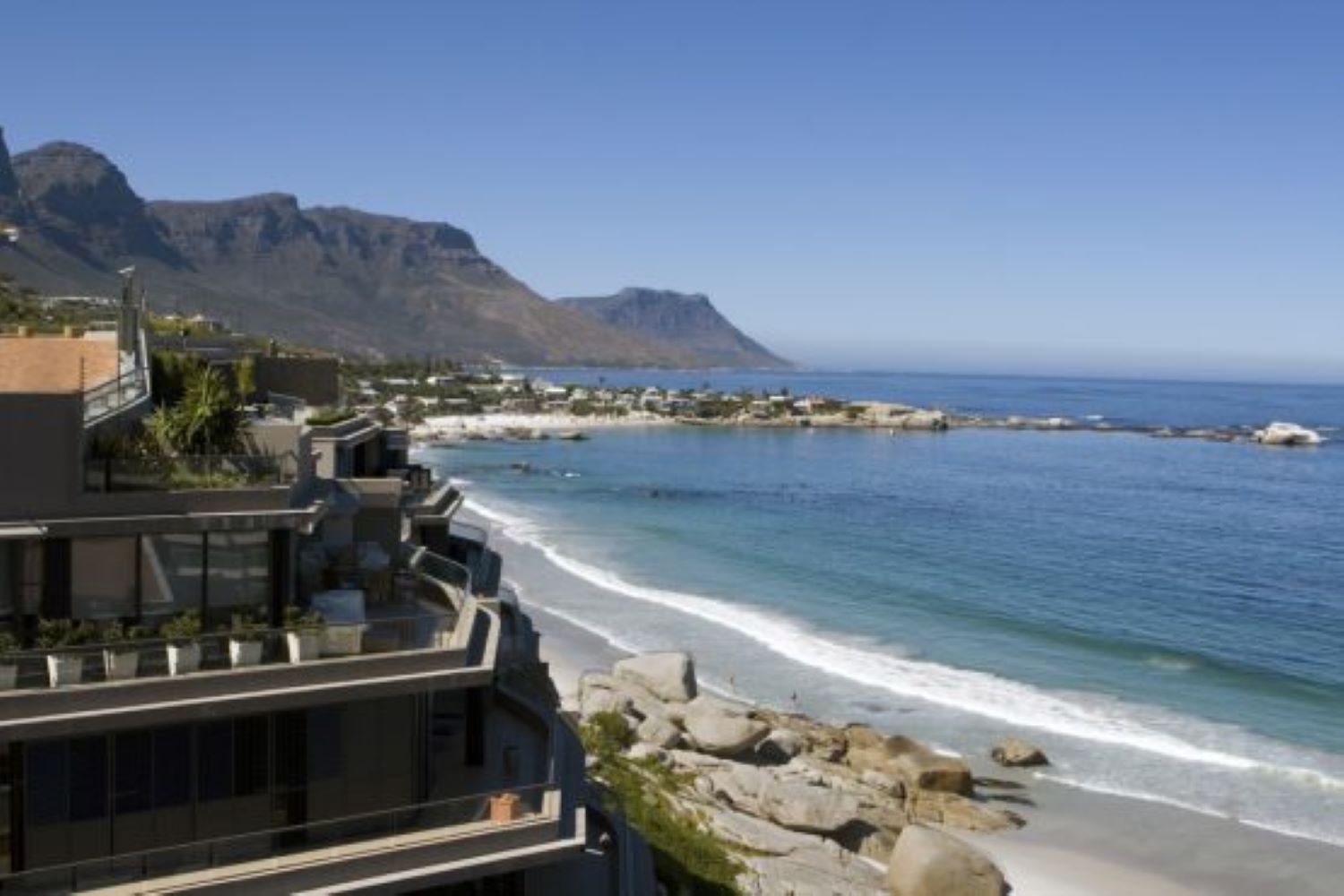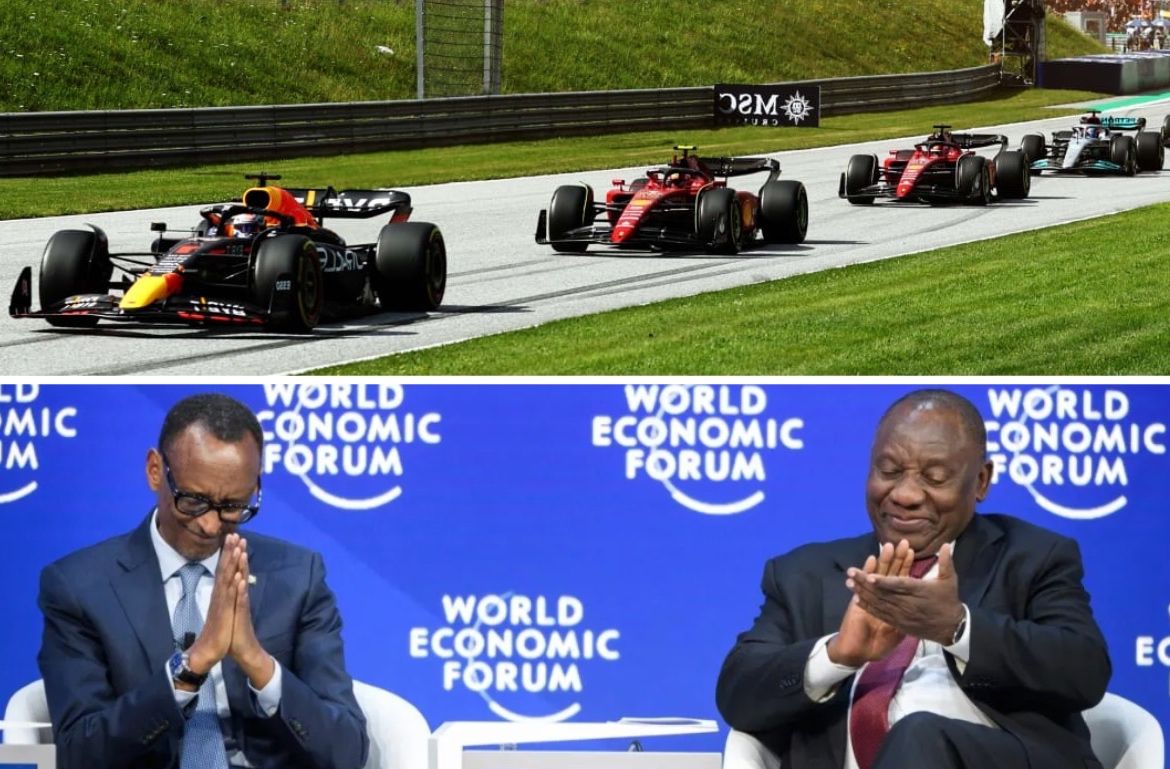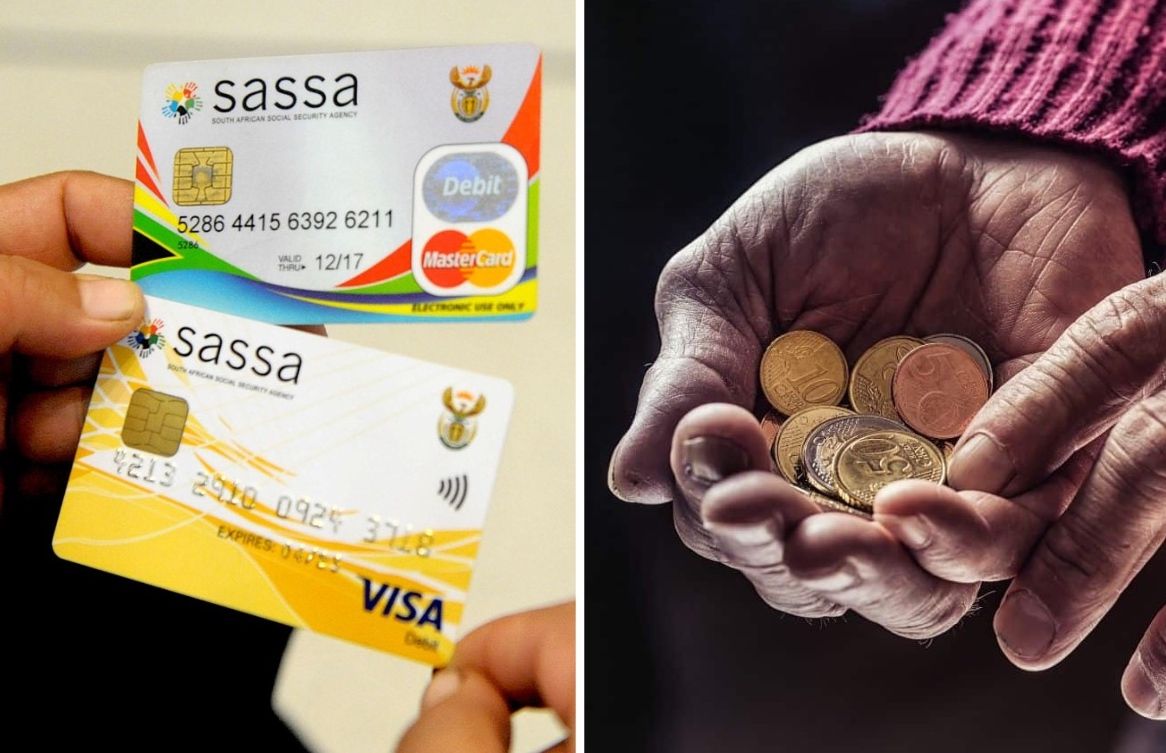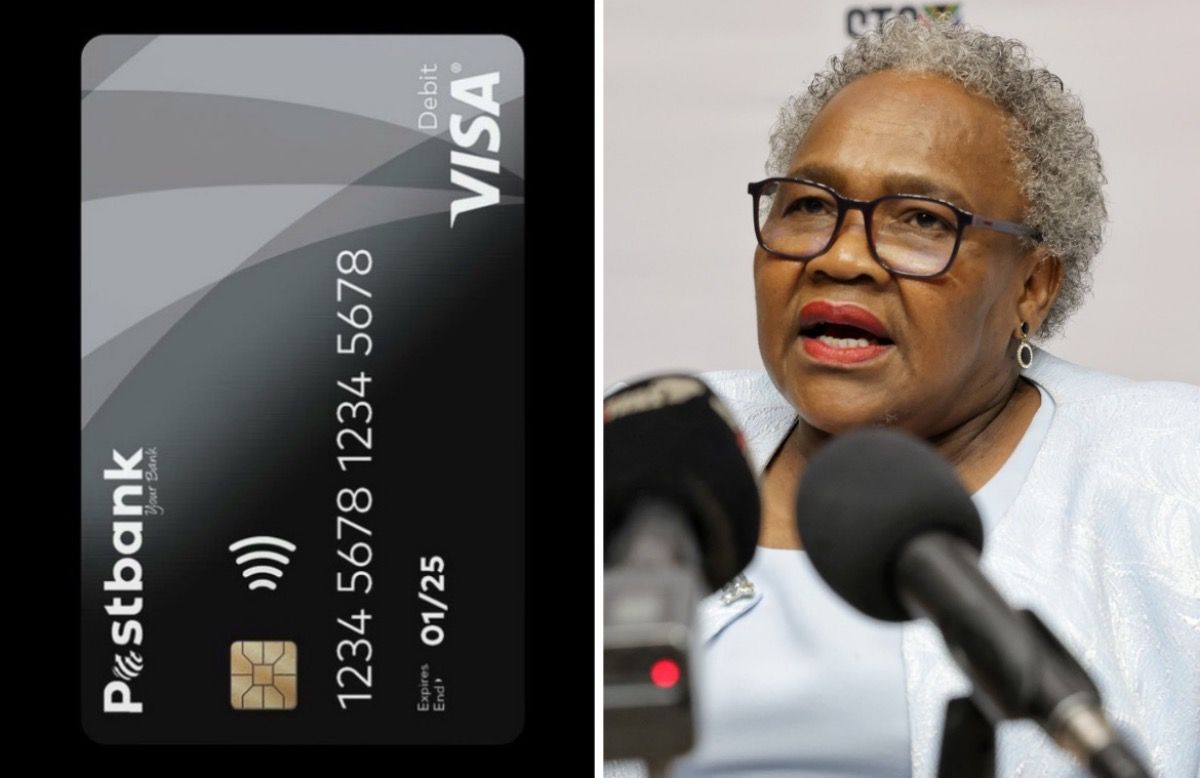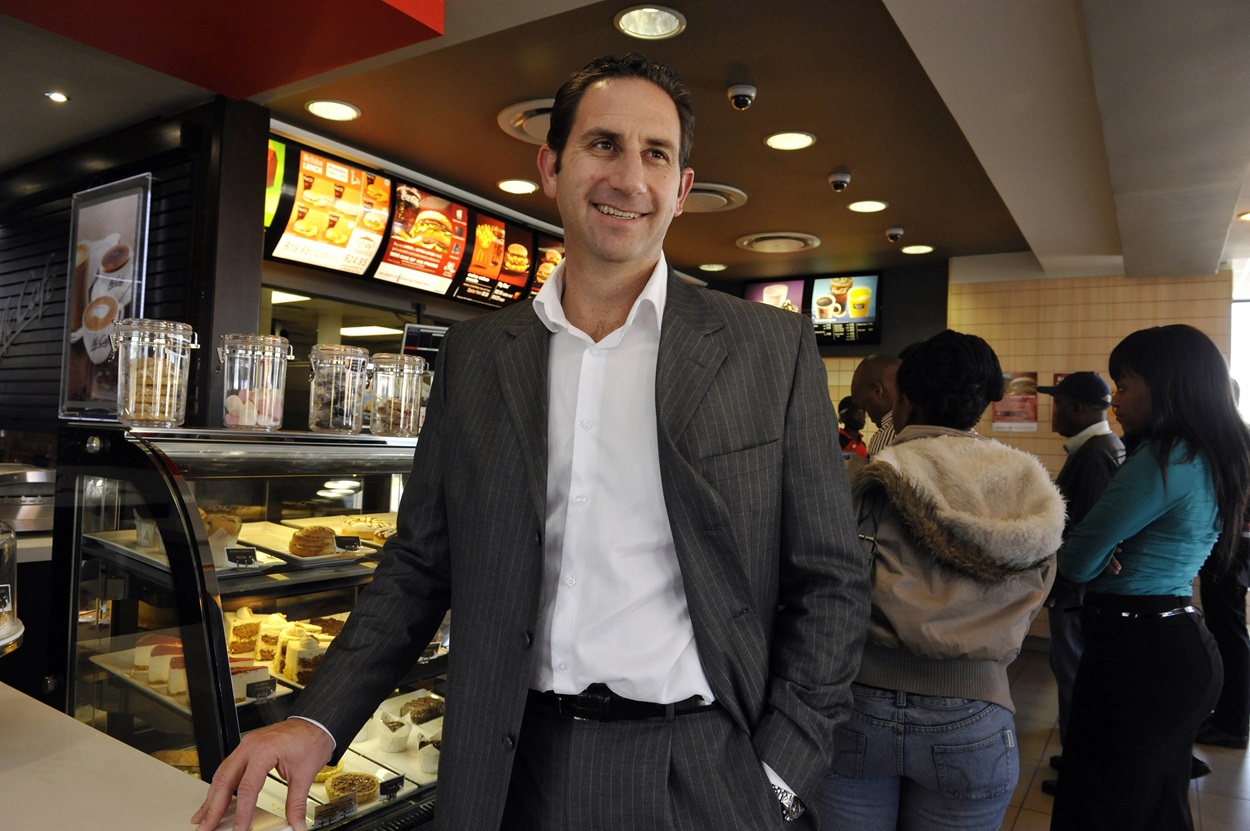A new report from Open Secrets shows how corrupt money from Mozambique, DRC and Equatorial Guinea have been used to snap up luxury Cape properties.
South Africa’s Atlantic Seaboard is known worldwide for its beauty and attractive real estate, but less well-known are some of the dodgy investors it is attracting.
Using court documents, deeds office records and confidential source information, Open Secrets tracked R162 million in homes purchased by politically connected individuals from mainly Mozambique, DRC (Democratic Republic of Congo) and Equatorial Guinea.
This comes at a time when SA is trying to remove itself from the Financial Action Task Force (FATF) grey list. One of the reasons for SA’s sluggish compliance with the FATF requirements is the fact that about 40% of estate agents and 34% of lawyers failed to meet their reporting requirements in terms of the Financial Intelligence Centre Act (Fica).
In 2023, Open Secrets and Platform to Protect Whistleblowers in Africa lodged a complaint with the National Prosecuting Authority (NPA) seeking a seizure and forfeiture order against properties believed to have been purchased with corrupt cash by relatives and associates of former DRC president Joseph Kabila.
Open Secrets says SA authorities failed to follow up on the complaint despite the FATF’s pressure to improve money laundering.
Francis Selemani, Kabila’s stepbrother, is reckoned by Open Secrets to have acquired properties worth more than R30 million with misappropriated Congolese state funds.
Selemani and his wife, Aneth Lutale, often used aliases to conceal their identities, which was the ruse used to camouflage their ownership of properties in SA.
“The biggest red flag indicating potential money laundering was the fact that Selemani and Lutale sold SA properties they owned to a company and trust where they were the primary beneficiaries,” says Open Secrets.
Despite being presented with the evidence, SA law enforcement has yet to act in this case.
ALSO READ: South Africa making more progress to get off FATF grey list
Culprit countries
Court documents and investigations by civil society reveal a pattern of money laundering by politically connected individuals from the three countries examined.
Friends and family of former Mozambican president Armando Guebuza are claimed to have used public funds to finance the purchase of properties in affluent suburbs of Johannesburg and Cape Town.
Equatorial Guinea’s ruling Obiang family has long faced accusations of using public funds to finance their luxury lifestyle.
“Given the family’s well-known love of public funds, South Africa’s estate agents, lawyers, and banks were legally required to report their opulent Cape Town property purchases to authorities,” says Open Secrets. �
Tendorin Obiang Mbasogo, the son of the ruling president of Equatorial Guinea, has bought assets with illicit funds which have been seized in France and the US.
“Despite his penchant for looting state coffers, Tendorin was able to purchase a beach house and luxury pad in Cape Town’s most expensive suburbs,” says the report.
Like SA, the DRC and Mozambique have been greylisted by the FATF, but not Equatorial Guinea – despite an abundance of evidence of money laundering by that country’s elites. This is a signal that the FATF’s rules are not always consistently applied, say the report’s authors.
ALSO READ: R7.8m penalty stands as law firm loses FIC appeal, heads to court
Mozambique
The reports of SA’s property laundromat must be seen in the context of deepening poverty in the implicated countries, say the report’s authors. Mozambique is about to celebrate 50 years of independence, yet the dominant Frelimo party – once regarded as a bastion of liberation – is mired in allegations of corruption that have impoverished millions of people while the party elite have fattened their pockets.
Under the reign of Filipe Nyusi, who was elected president of Mozambique in 2015, poverty increased, along with high-profile political killings and terrorism in the north of the country.
Though the country has massive oil and gas reserves, a secretive “hidden debt” scandal led to at least 1.9 million people being impoverished due to the debt guaranteed by the government.
This hidden debt involved loans of $2 billion from Credit Suisse and Russia’s VTB bank to three state-owned companies. The loans were illegal and secretive, and repayment fell to the government. The amount owned by the Mozambican government eventually ballooned to $11 billion, with kickbacks and bribes to many of those involved.
Court documents and title deeds show two SA estate agents – Pam Golding and RE/MAX – were involved in property transactions linked to Mozambique’s political elite.
Pam Golding responded to Open Secrets that it had complied with the legislative and regulatory requirements applicable at the time, and that two individuals named in suspicious property transactions – Ndambi Guebuza and Bruno Langa, both politically connected individuals in Mozambique – were not Pam Golding clients but counterparties in property transactions – which meant that the client identification requirements did not apply to Pam Golding.
ALSO READ: SA stays on greylist due to its remaining strategic deficiencies
SA elites just as guilty
South African elites have also exhibited a predilection for luxury living.
Between 2014 and 2015, Lucky Montana, the former CEO of the Passenger Rail Agency of SA (Prasa), bought high-end properties in Johannesburg and Pretoria worth more than R38 million.
The Zondo Commission of Inquiry into State Capture found Montana had used a multi-billion rand tender for security upgrades at Prasa to finance his home purchases. He concealed his ownership of the houses by registering them under the names or businesses of those who funded the purchases.
ALSO READ: Estate agents say they’re misrepresented in FATF compliance issue
Turning a blind eye
SA has strong legislation that forces lawyers, banks, and estate agents to scrutinise how politically connected individuals fund their property purchases. They are required to conduct know-your-customer (KYC) checks to determine whether an individual poses a high risk of committing financial crimes. These checks include verifying the client’s identity and source of funds.
Banks often turn a blind eye to this requirement, enabling money laundering to continue unhindered. The same is true of lawyers and estate agents, who were required by law to report the source of suspicious funds but did not. The Open Secret report covers the period 2004 to 2022.
In 2023, after SA was greylisted, the Financial Intelligence Centre Act (Fica) updated its definitions of Domestic Prominent Influential Persons and Foreign Prominent Public Officials. This, in theory, makes it easier to track dodgy funds and interdict money laundering.
Property transactions create an audit trail involving banks, lawyers and estate agents through conveyancing, but the system is failing, says Open Secrets.
“Purchasing property is an effective way to launder funds as banks estate agents and lawyers are responsible for facilitating transactions: if a transaction is successful it creates the impression that these institutions had sight of the funds and saw no red flags. Therefore, the cash seems clean, and the illicit funds become concealed in luxury homes.”
ALSO READ: South Africa was greylisted due to endemic corruption
Recommendations
The report recommends several steps to halt SA’s property market being used to launder money:
- Investigate and seize the assets as a matter of urgency before politically exposed people can sell the properties;
- Repatriate the retrieved funds to the home country;
- Sanction those agencies responsible for negligence – the estate agents, lawyers and banks (this would include possible criminal sanctions);
- Train and support accountable institutions so that smaller estate agencies and law firms understand their Fica obligations; and
- Make cities liveable for all. Corrupt property purchases drive up prices for everyone, so local governments must develop and implement policies that make cities more accessible and just.
This article was republished from Moneyweb. Read the original here.
